American author and photographer Jack London visited his namesake city in 1902; at that time, it was the largest city in the world. He lived in the Whitechapel district sleeping in workhouses, so-called doss-houses, and even on the streets.
In his book ‘The People of the Abyss, Jack London has described that about half a million people lived in these awful and terrible conditions in London. The book was published in 1903, the same year as his novel Call of the Wild was serialized.
London was most disturbed by the number of old men, young men, all manner of men, and boys to boot, and all manner of boys, who had no other choice other than to sleep on the streets.


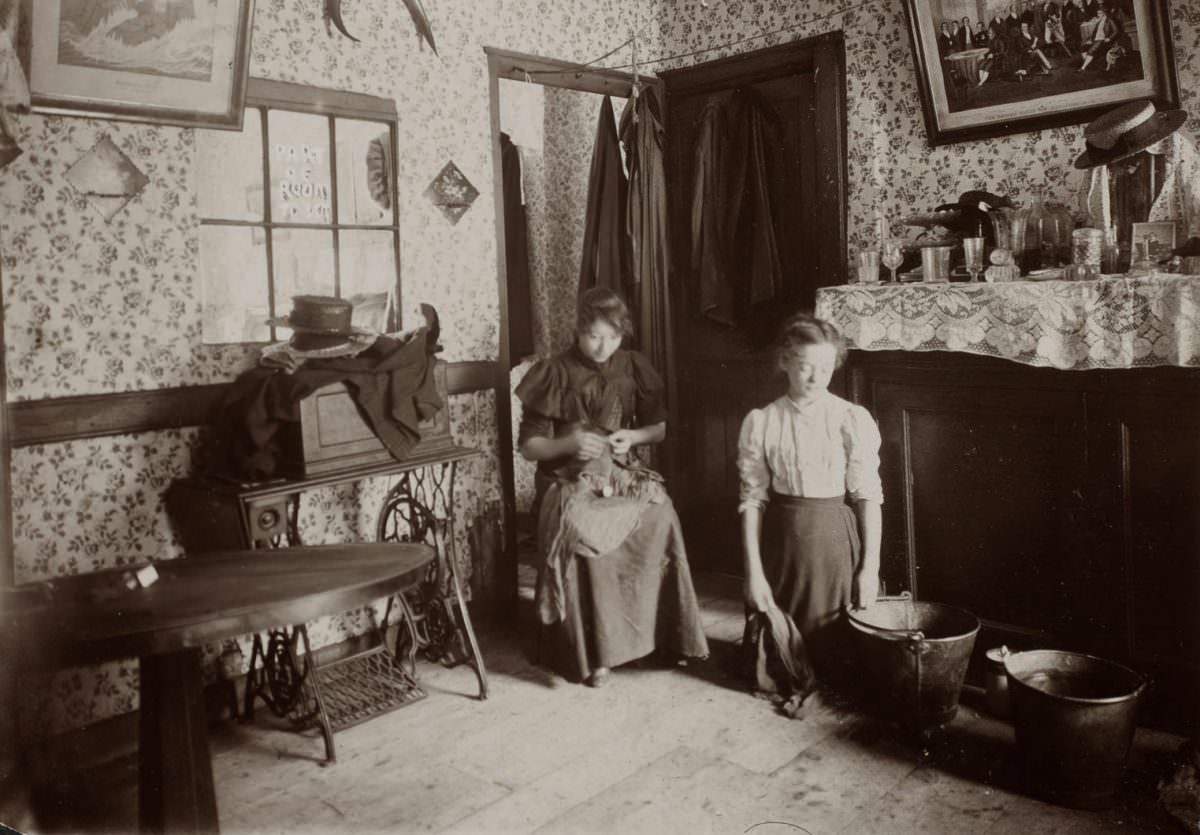
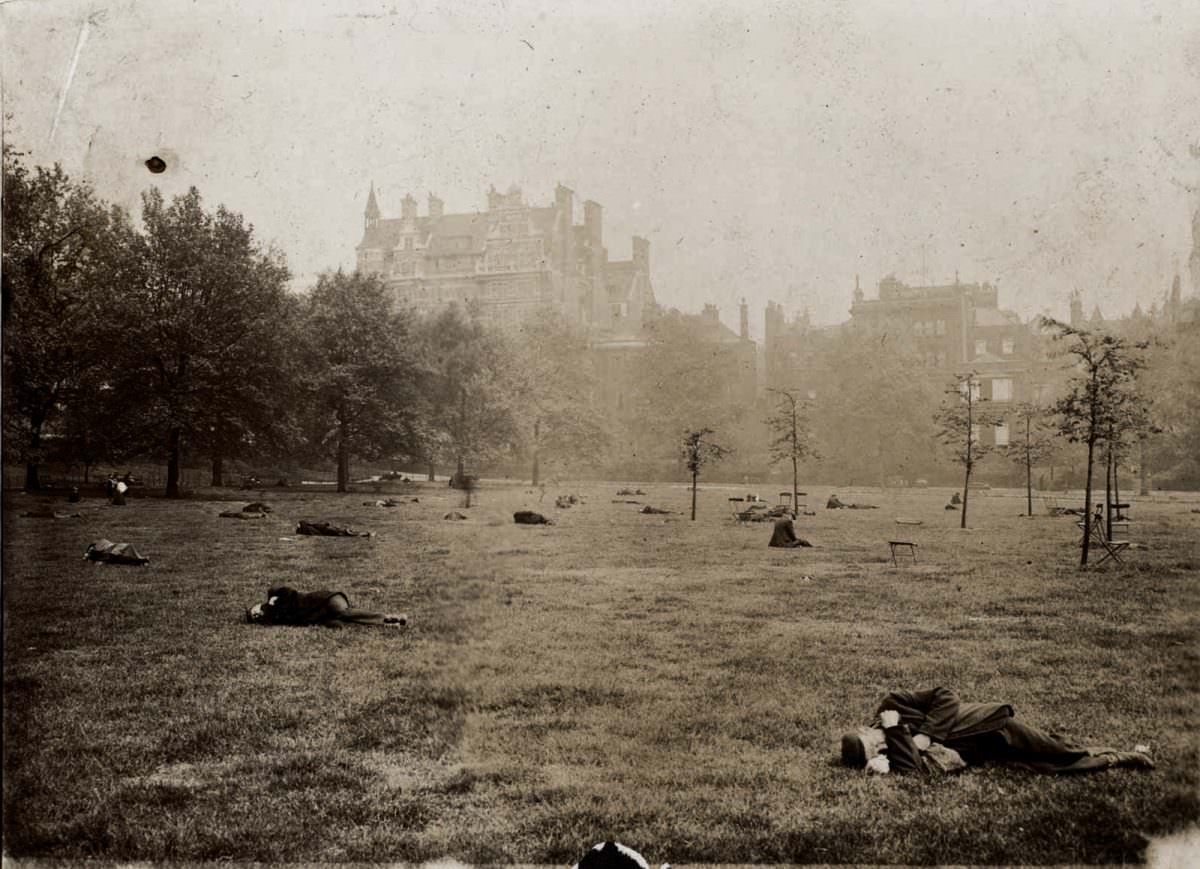
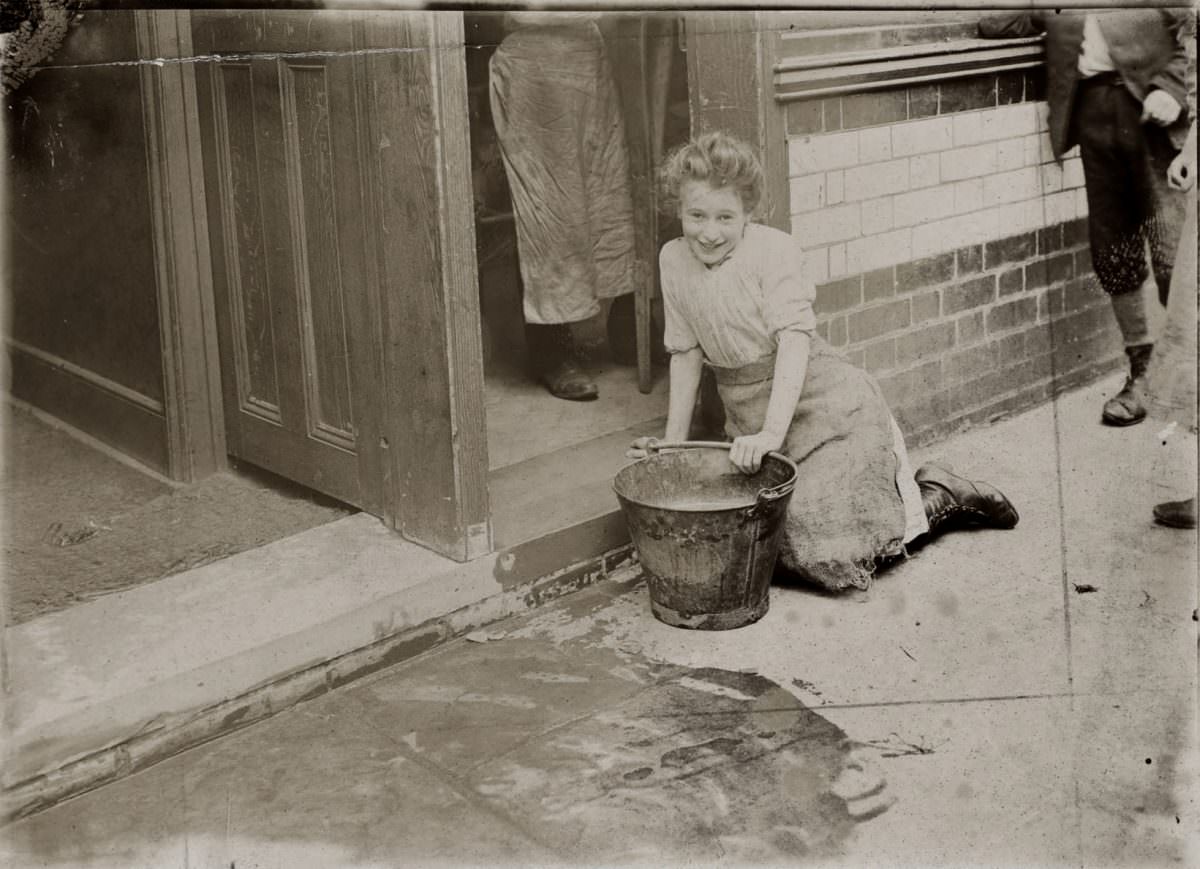
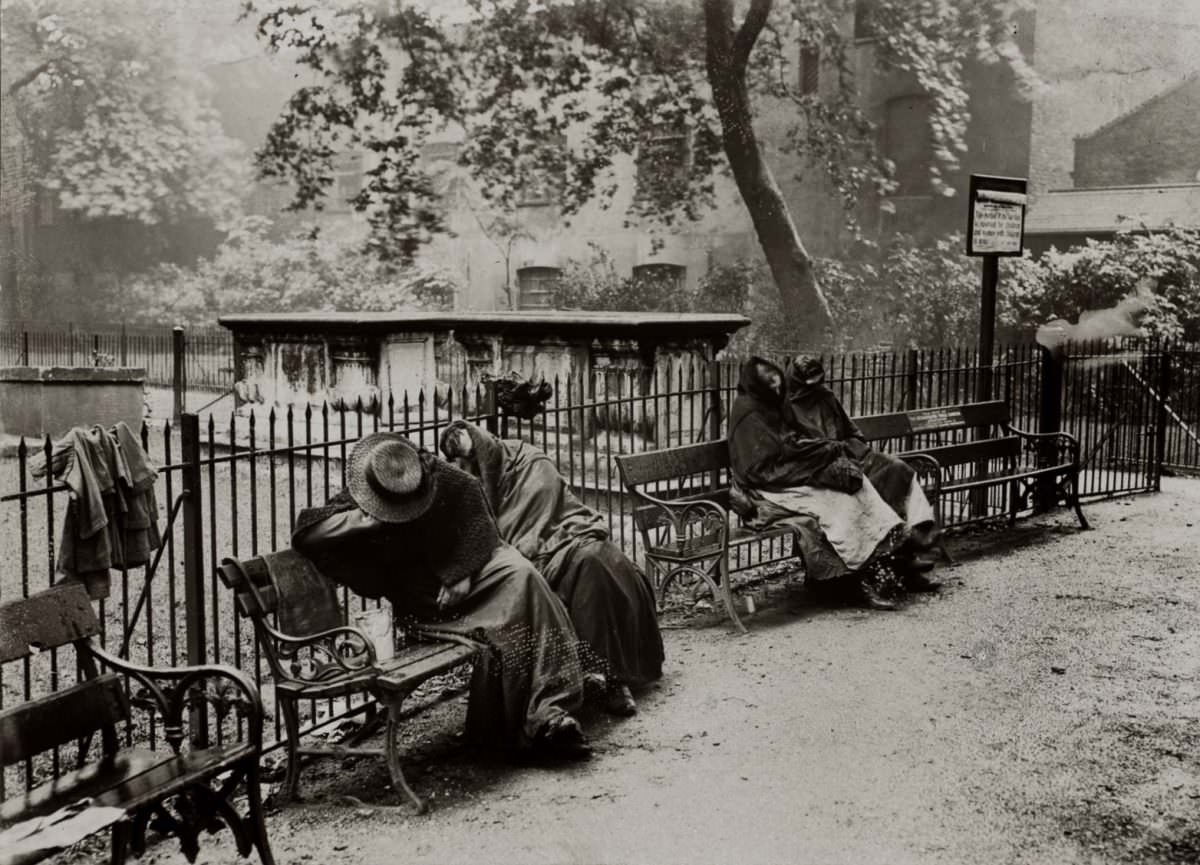
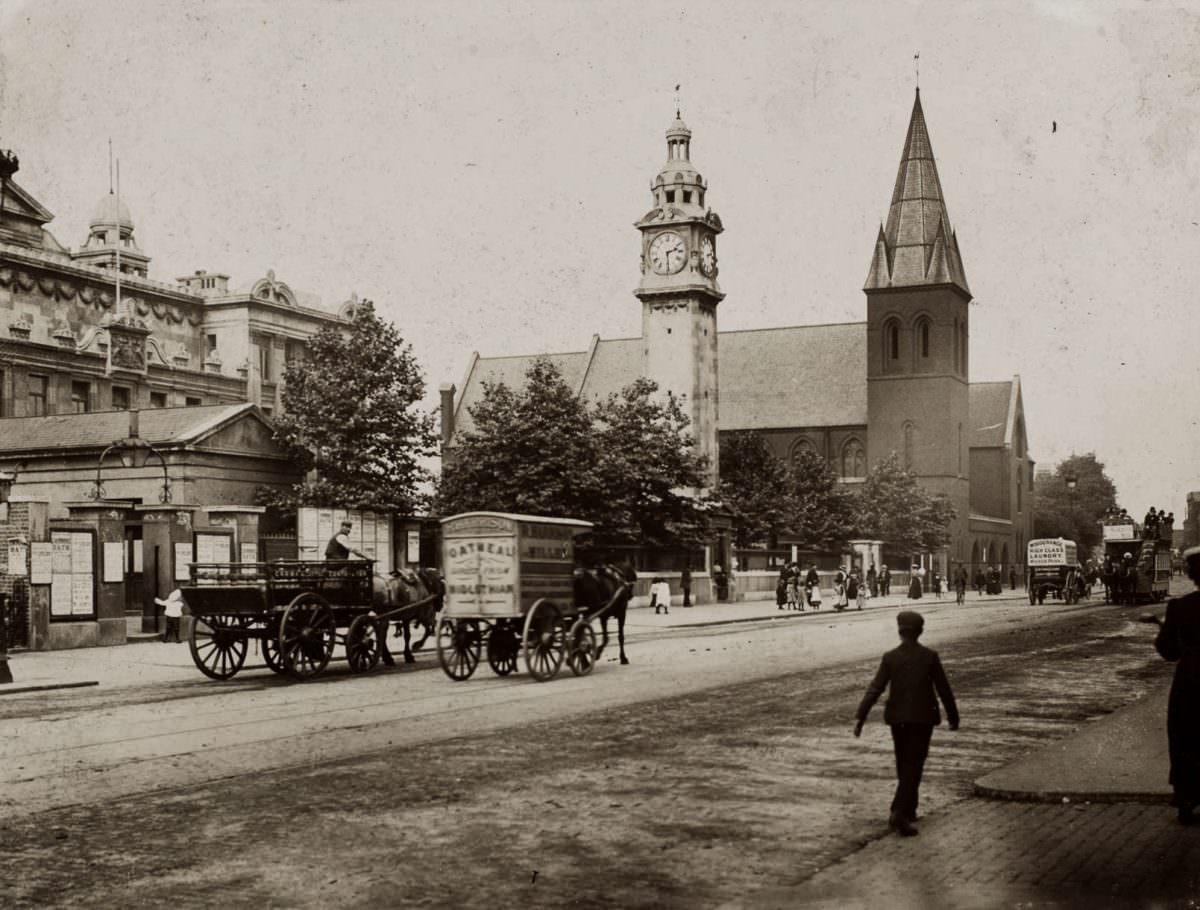
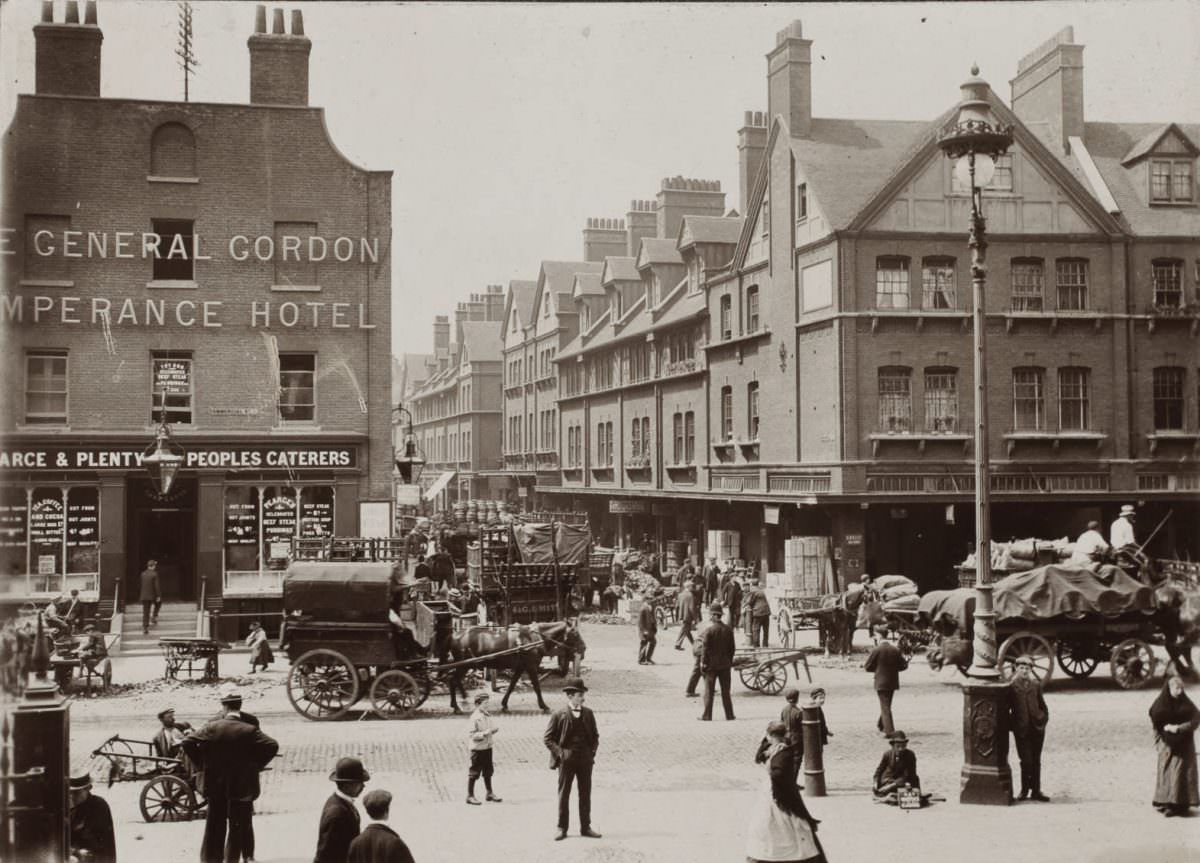
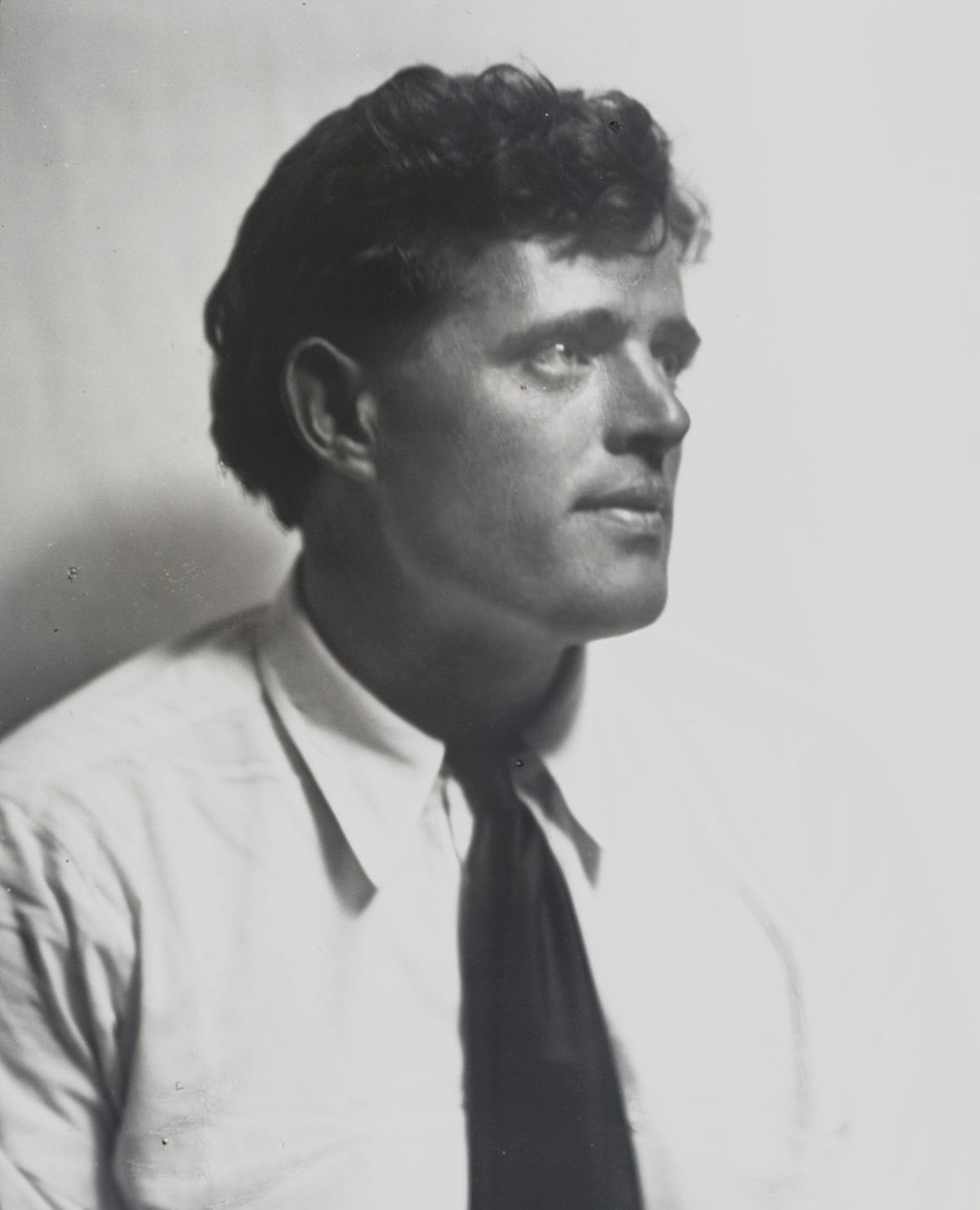
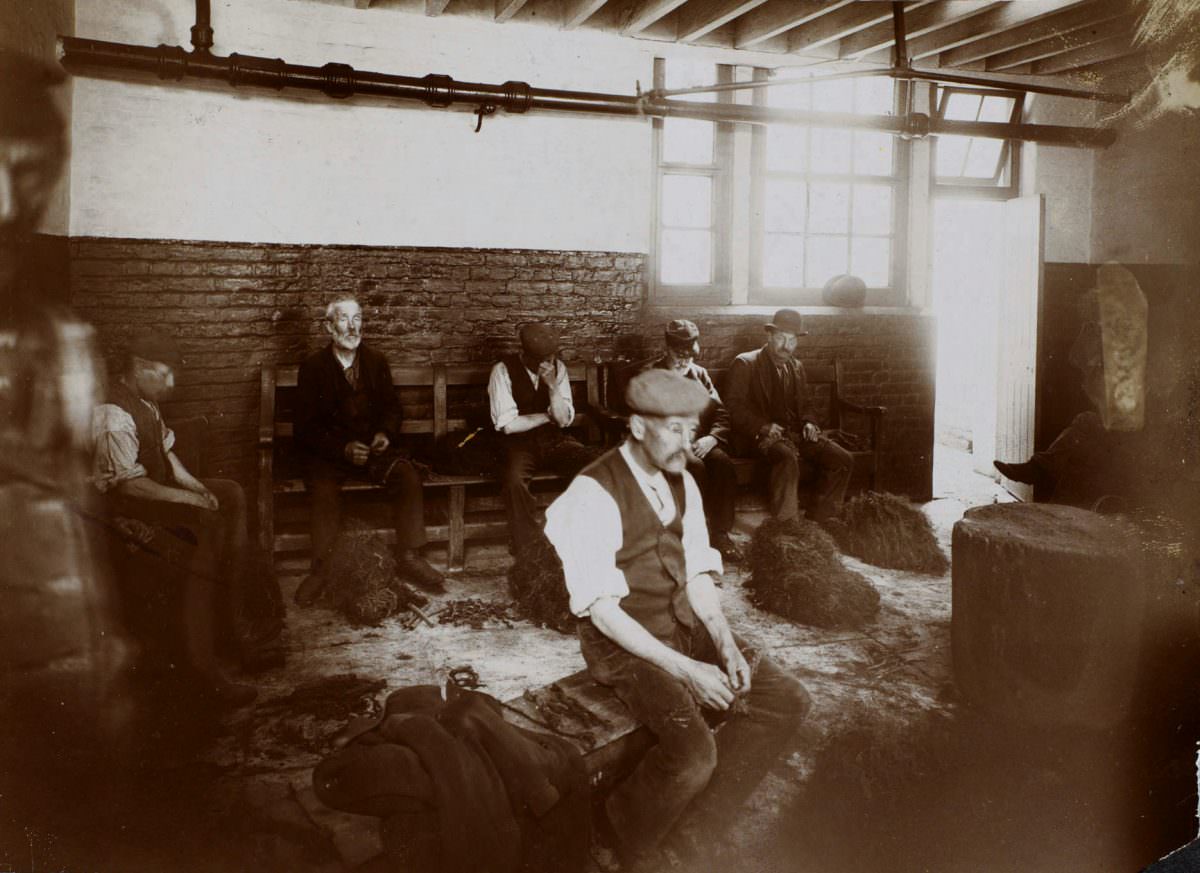
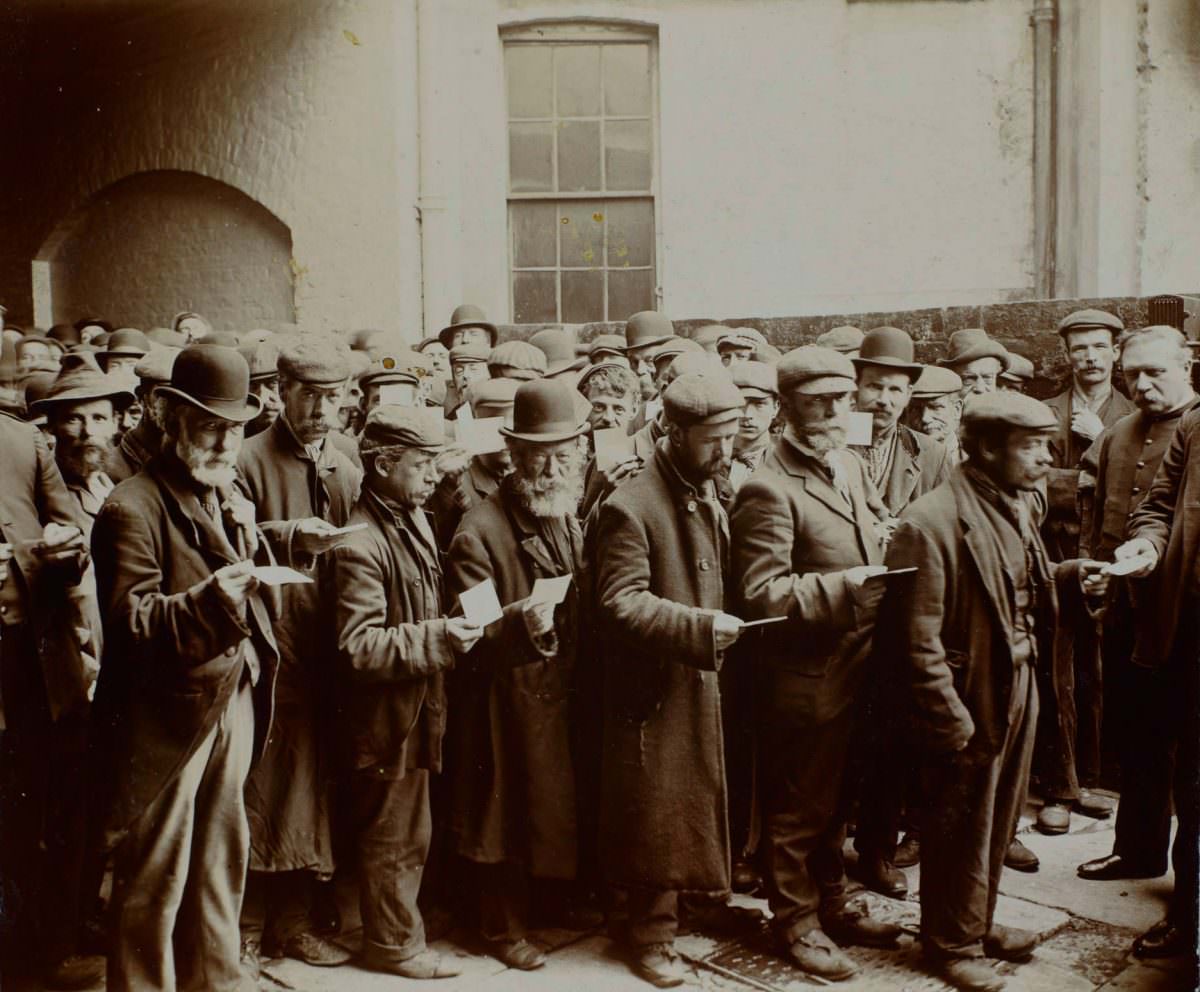
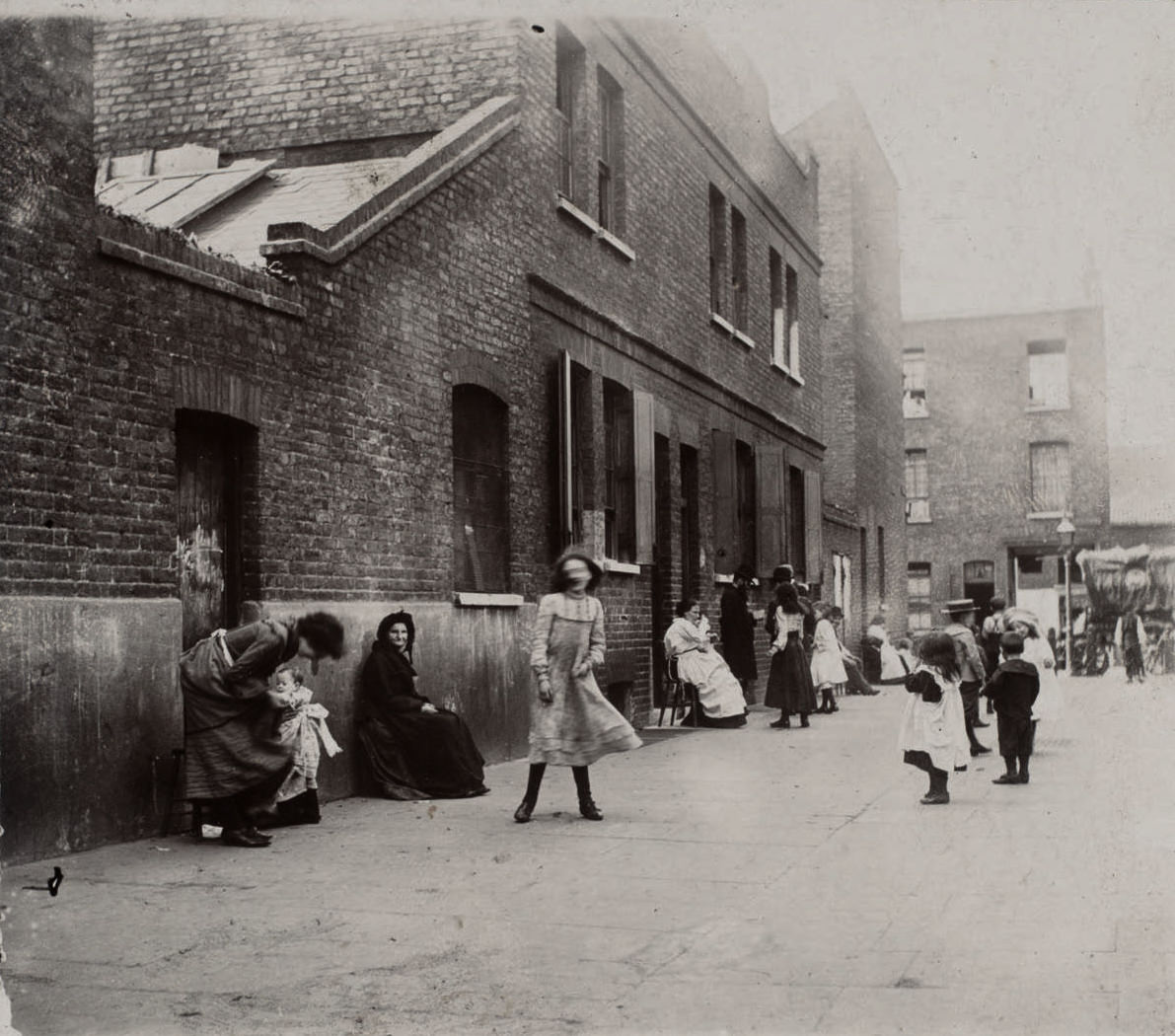
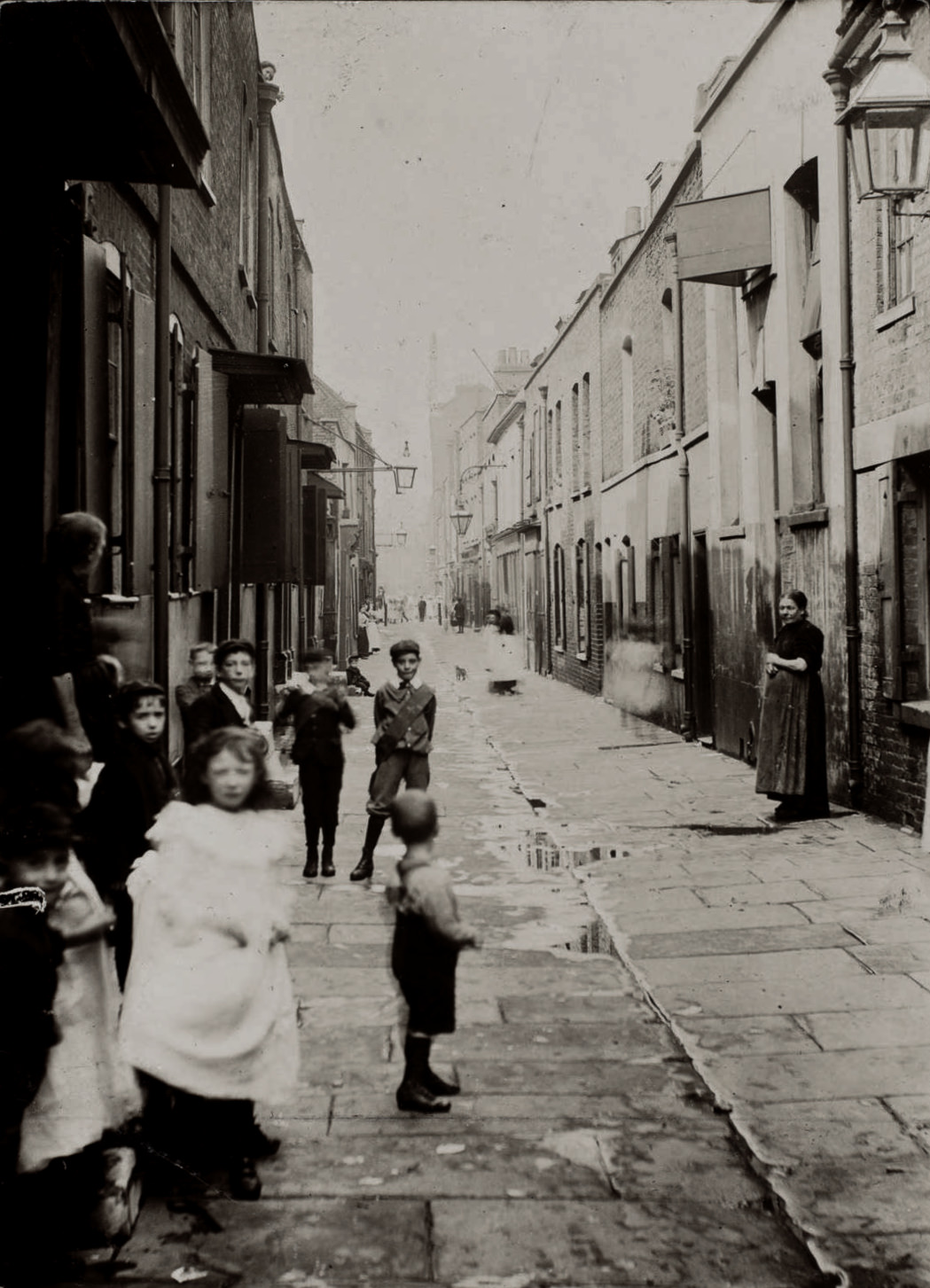
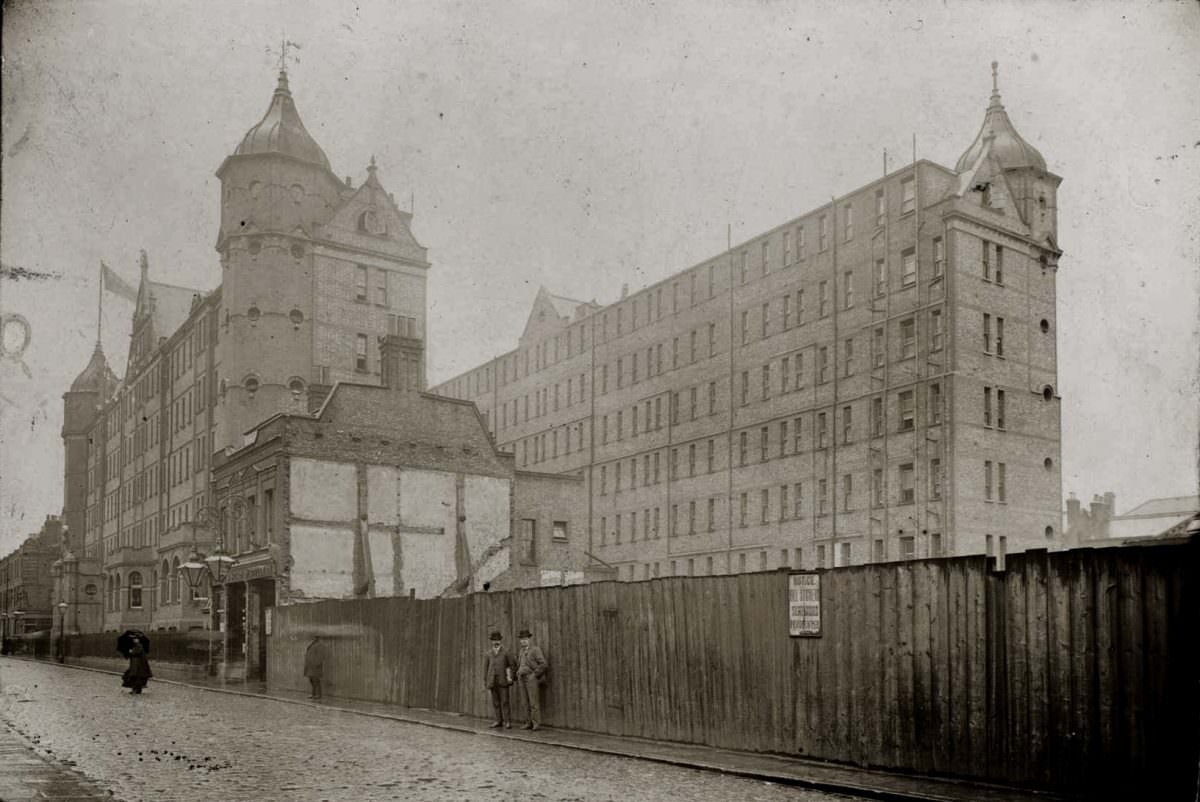

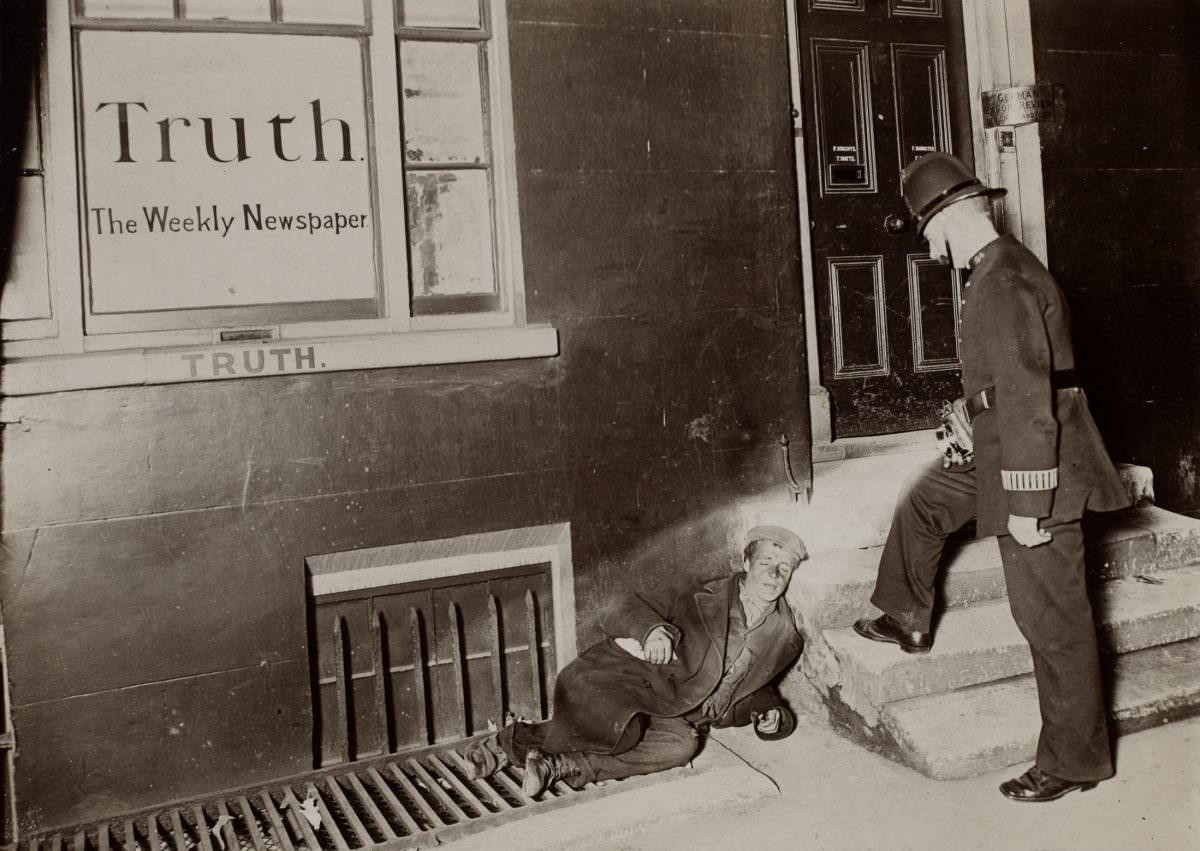
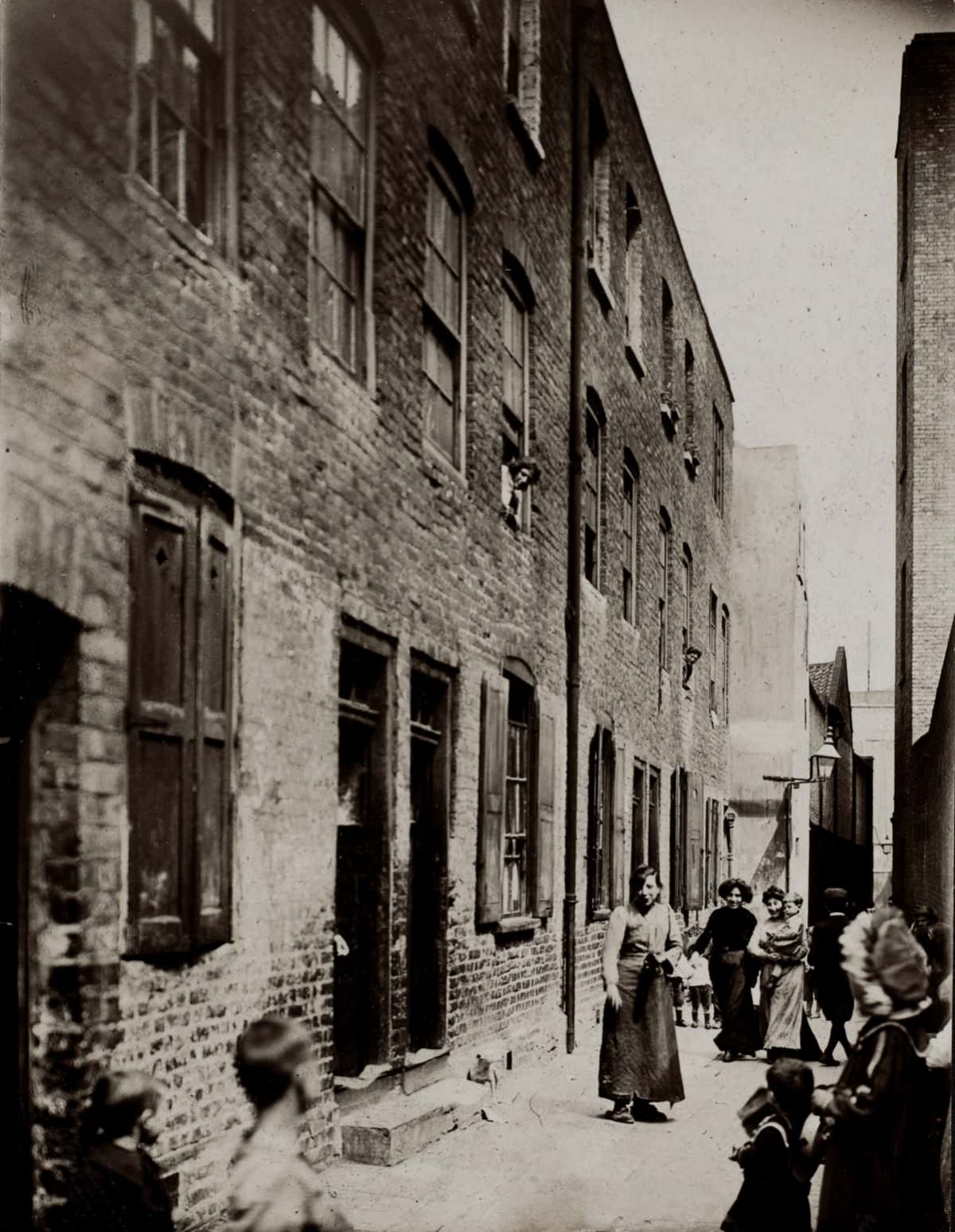
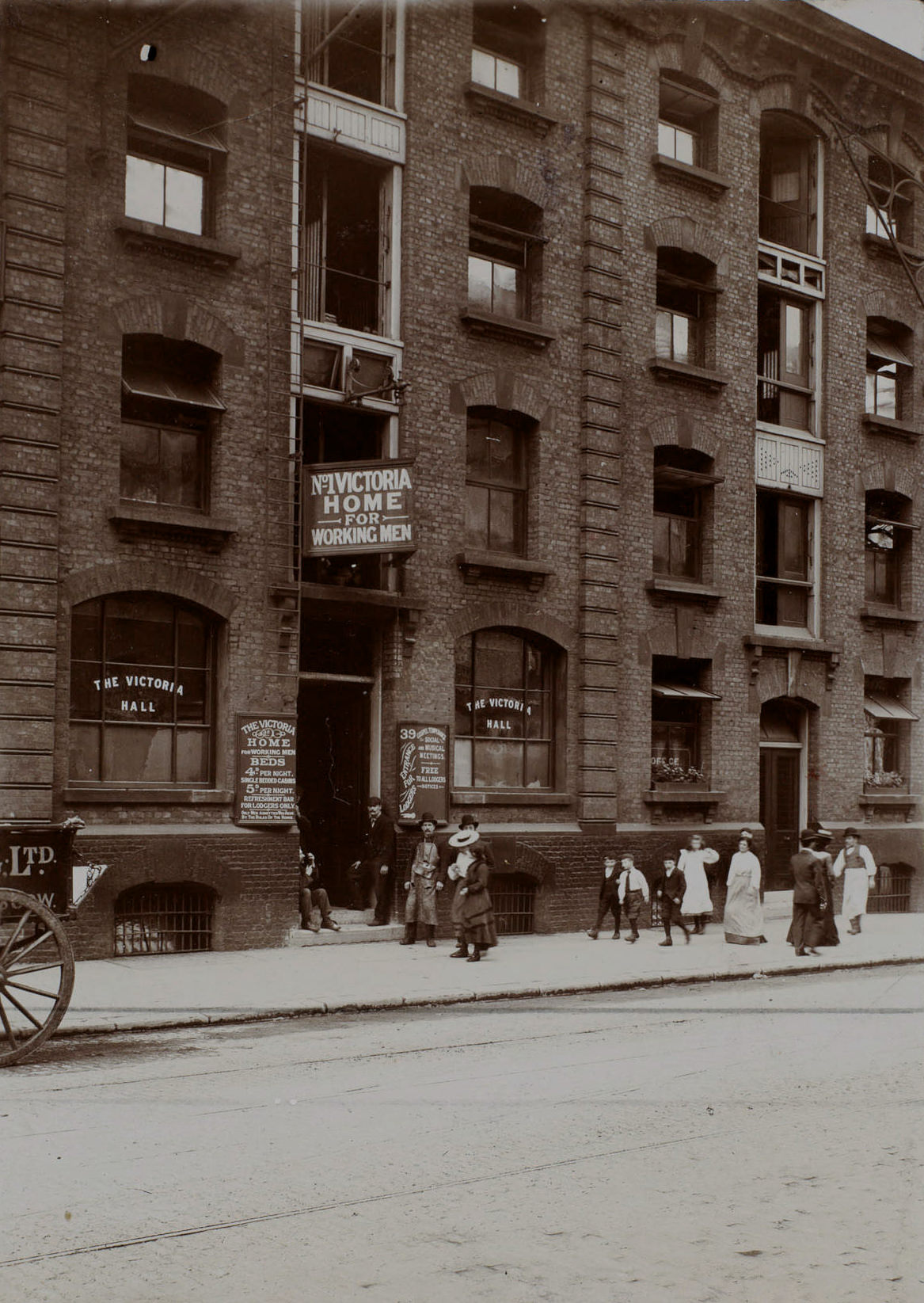
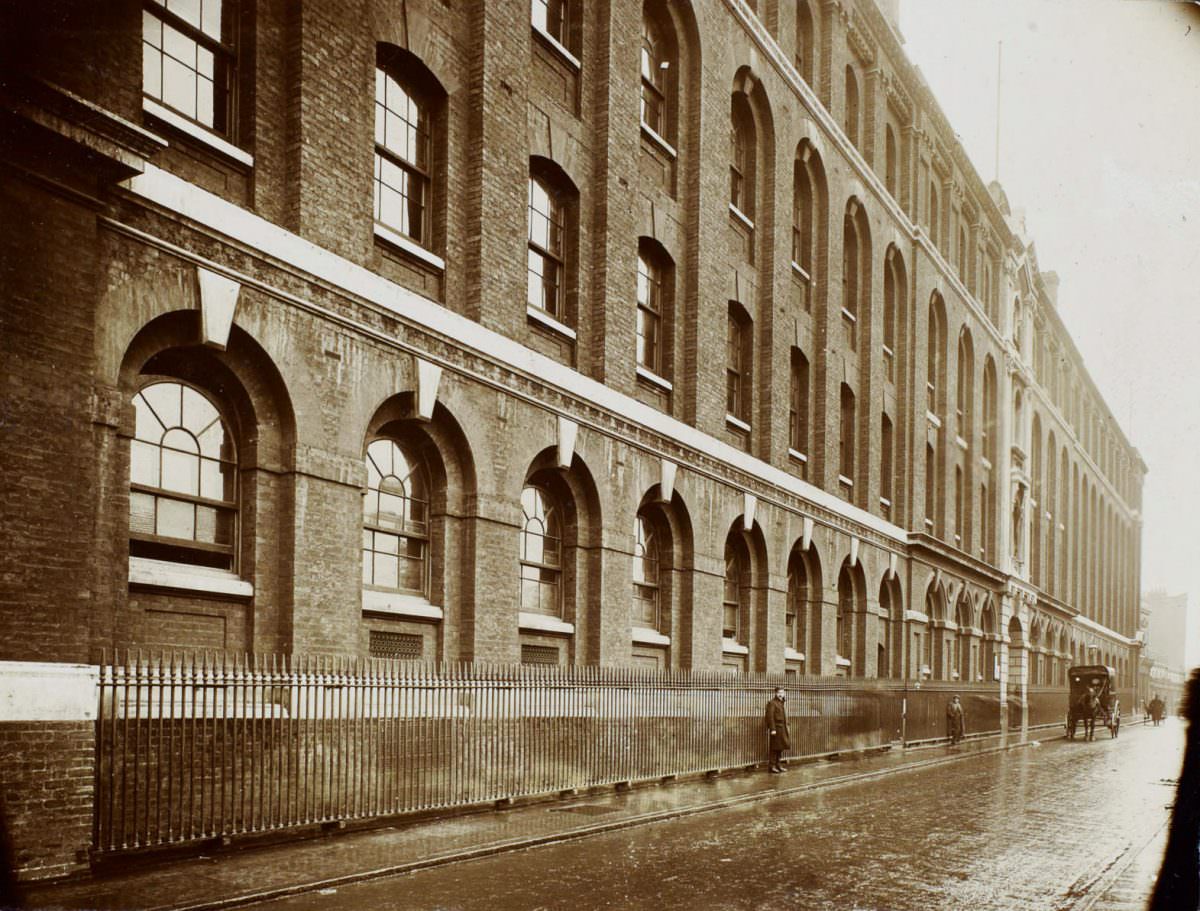
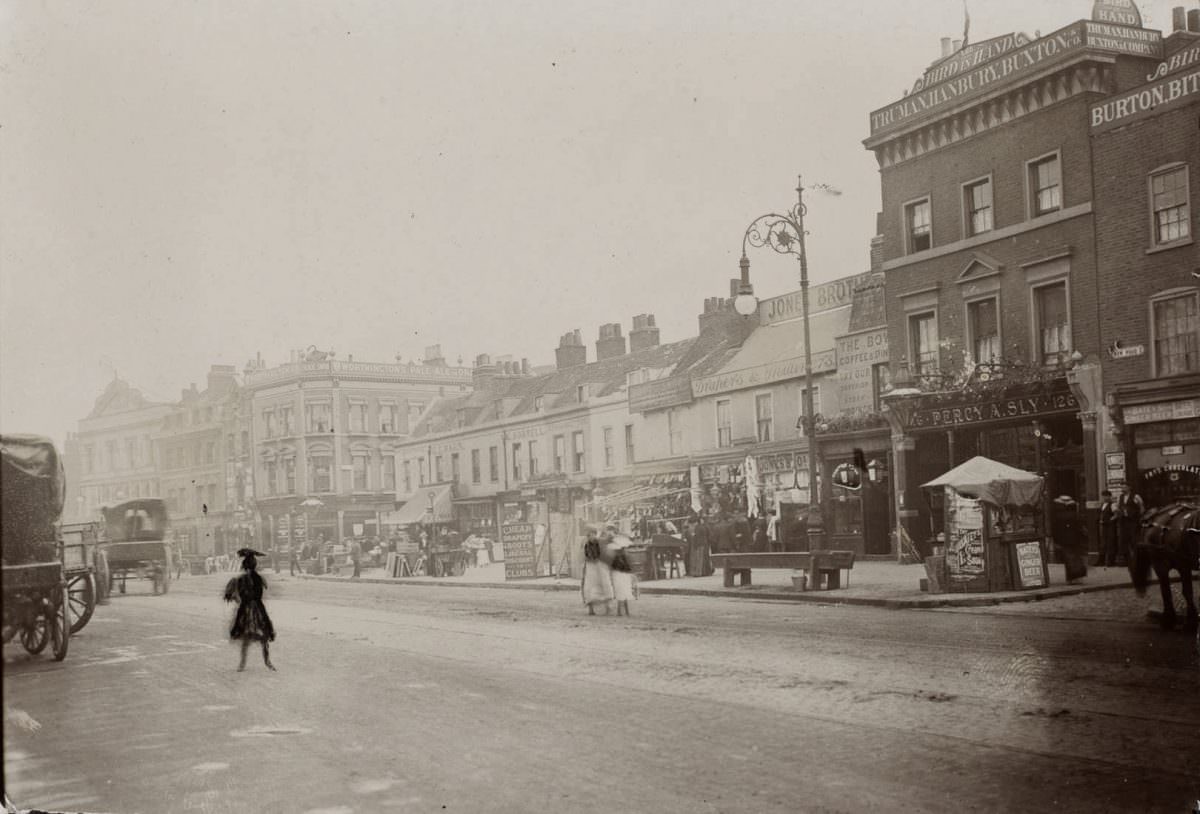
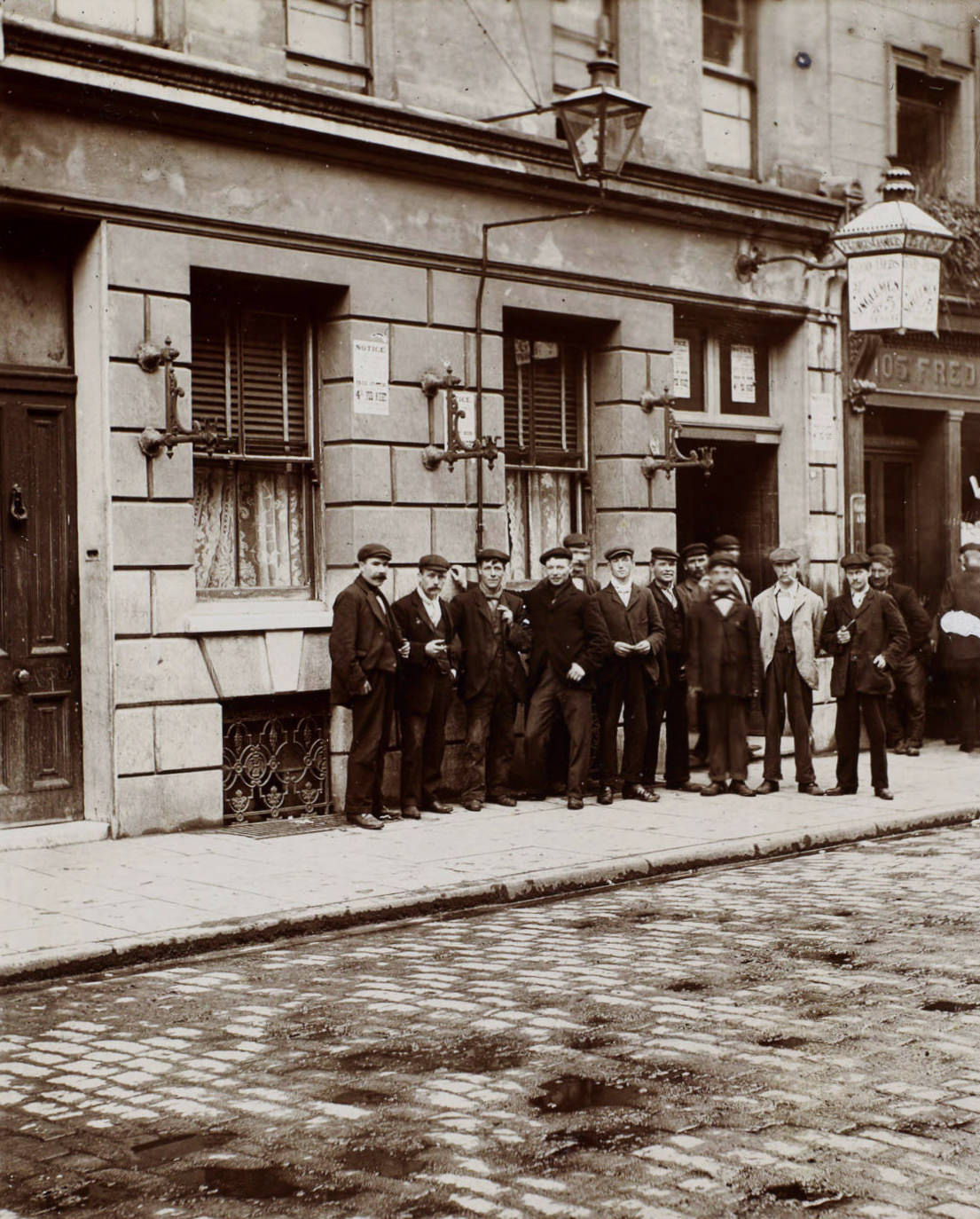
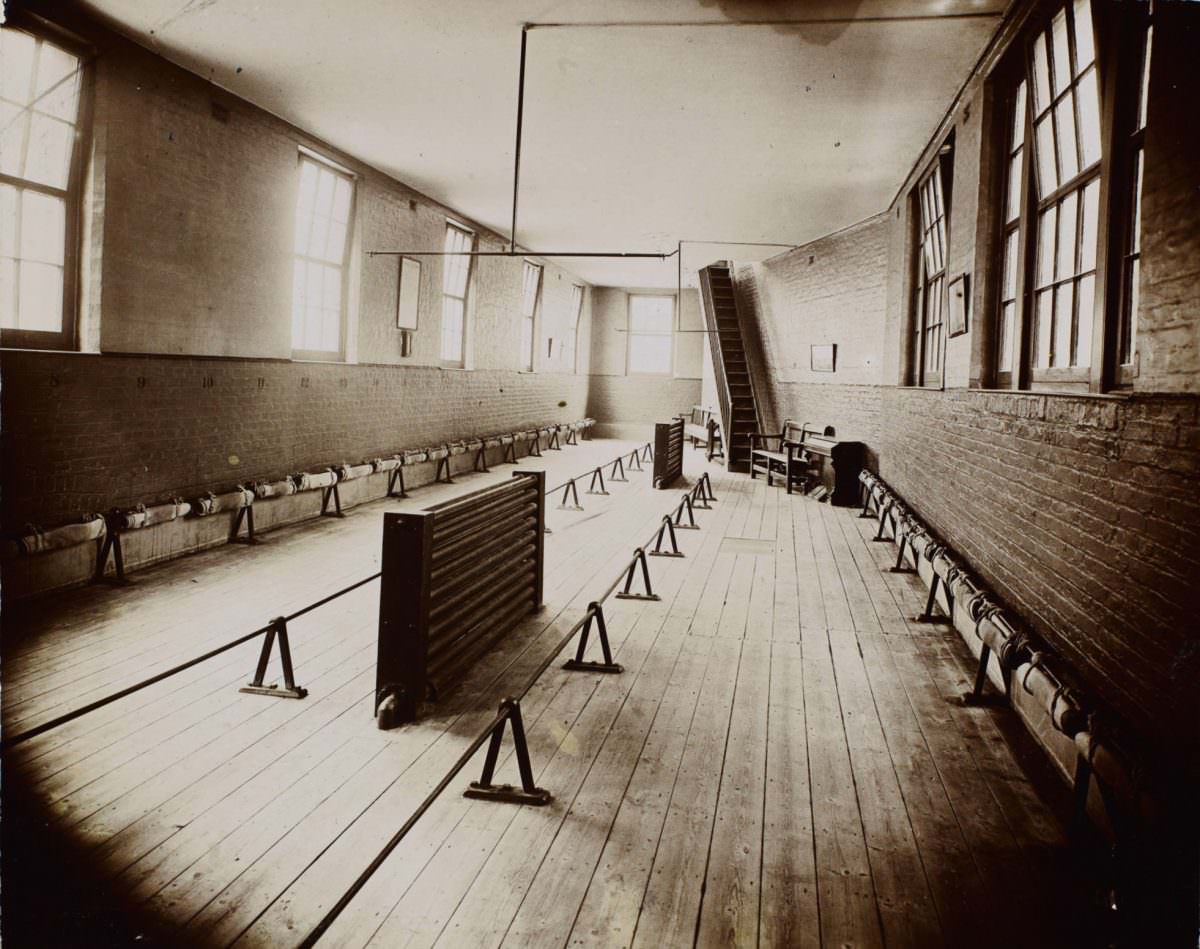
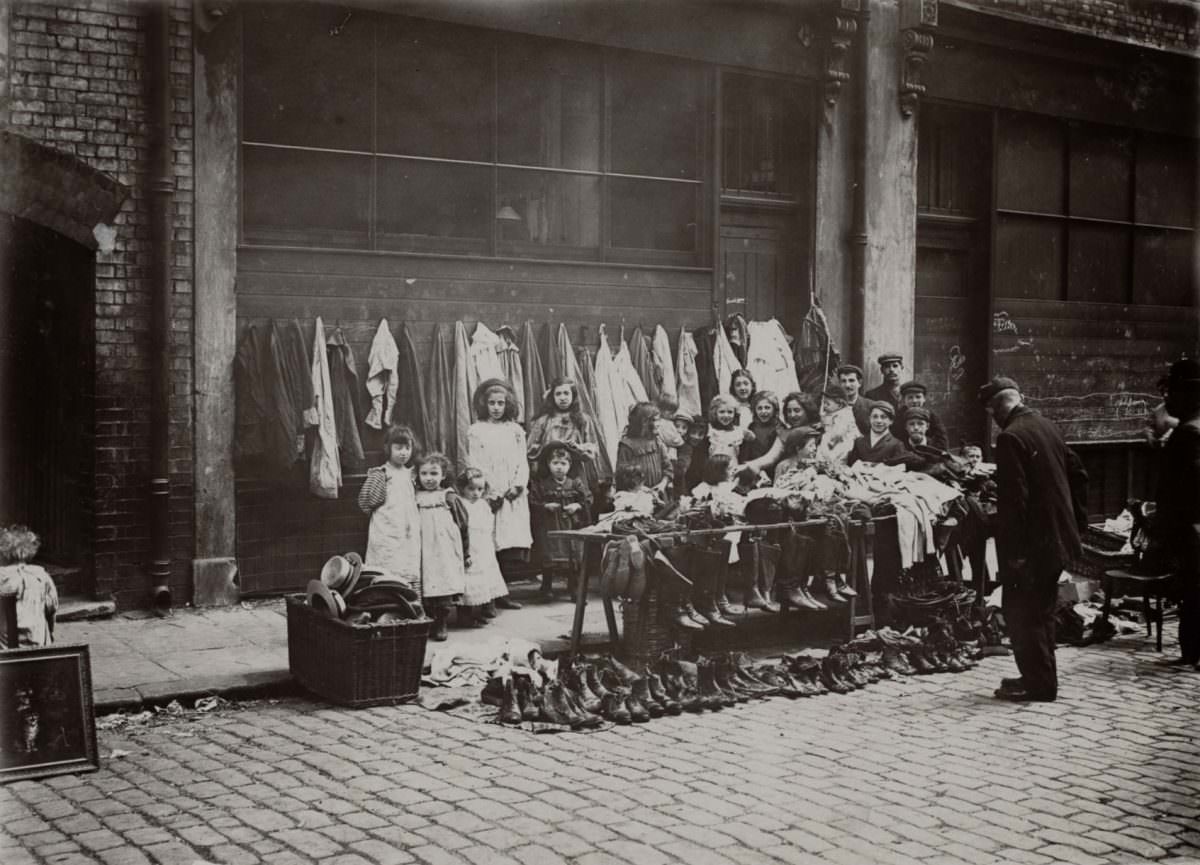
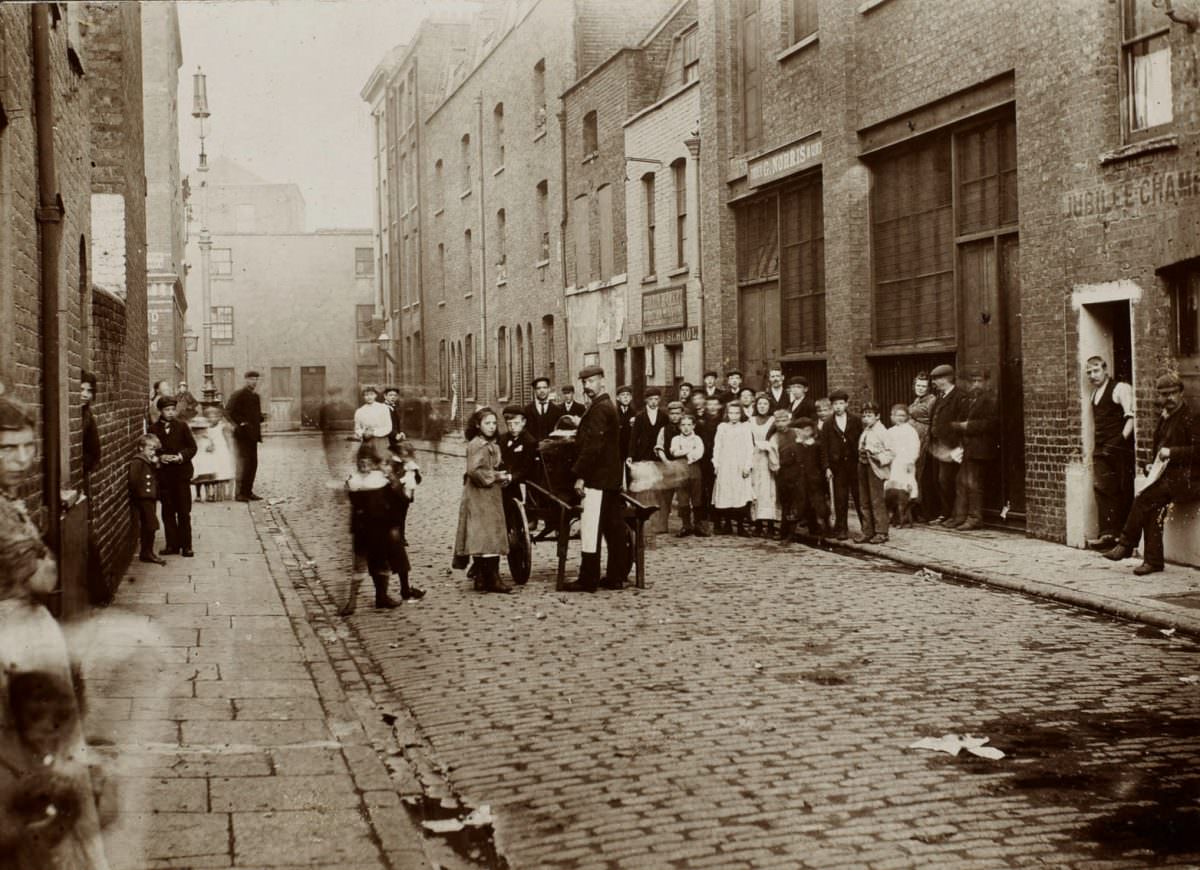
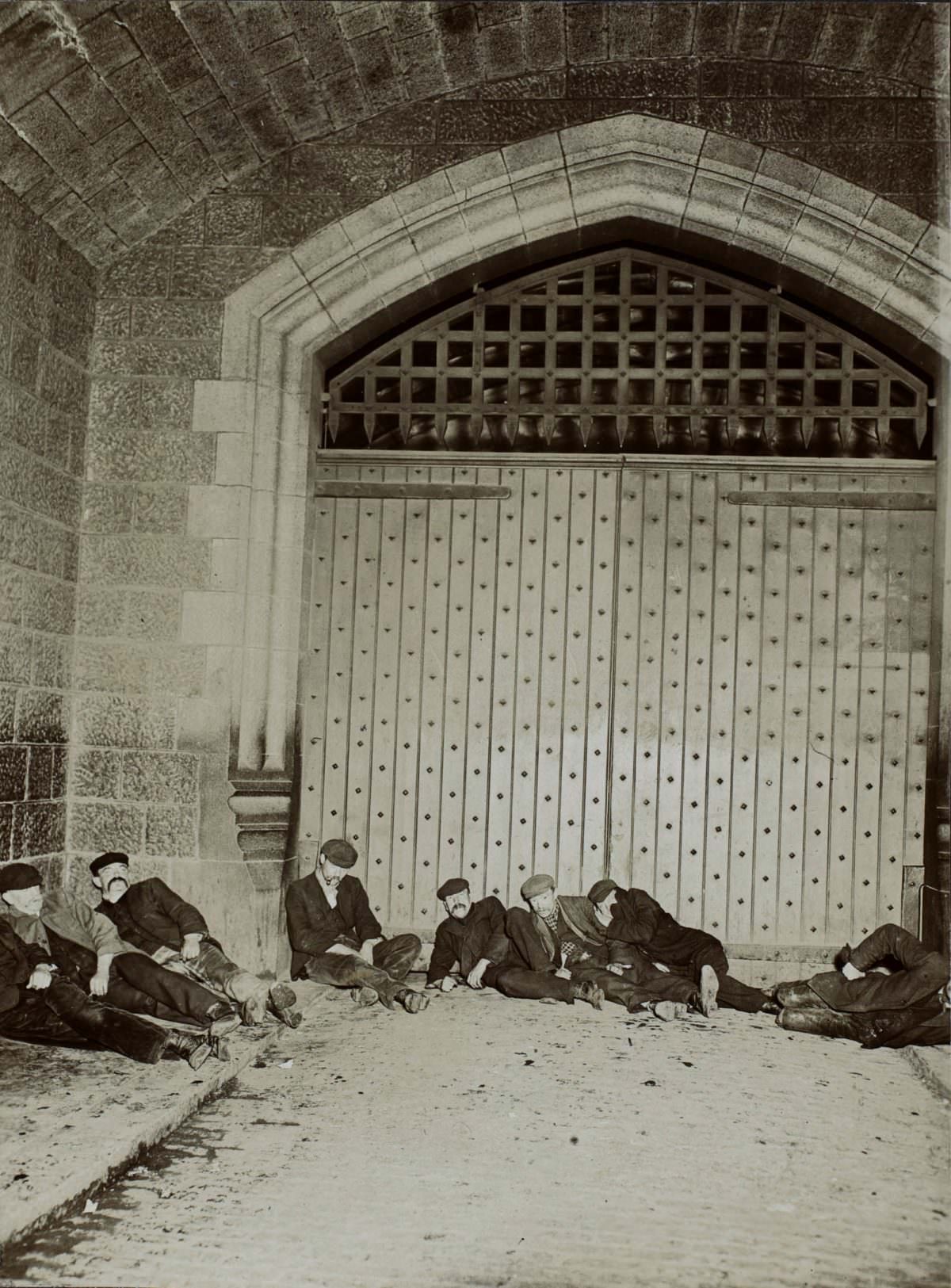

It’s amazing. I wonder what the story of the Green Park sleeping men is. Did it happen every day? And the streets are generally spotless despite the poverty!
He visited the free library and browsed through the papers till he was weary, then he took out Stevenson’s New Arabian Nights, but he could not read the words. He continued to contemplate his helplessness. The persistence of his thoughts made his head ache because he kept on thinking the same thing all the time. A craving for fresh air compelled him to lay on the grass in Green Park. Because of his deformity, he was unable to participate in to fight. He dreamt he was suddenly on a horse out at the Cape in a regiment of yeomanry, based on your papers’ illustrations. He saw himself in khaki, sitting with others around a fire at night on the Veldt. Upon waking, he found that it was still relatively light, and he heard Big Ben strike seven. He had twelve hours of nothing to do. He dreaded the endless night. His sky was overcast, and he feared it would rain. He would have to stay in a lodging-house since there were lamps outside houses in Lambeth advertising Good Beds for sixpence, and he had never been inside one. If possible, he decided to stay in the open air. After the park closed, he began to wander around. He was exhausted. The thought crossed his mind that an accident would be a piece of luck. This is because he could be rushed to a hospital and lie there for weeks in a clean bed. In the middle of the night, he was starving, so he went to a coffee stall at Hyde Park Corner, ate a couple of potatoes, and had a cup of coffee. He then walked away. He couldn’t sleep because he was too restless, and he dreaded being evicted by the police. He noticed that he was looking at the constable differently from a new perspective. It was his third night out. Occasionally, he sat on the benches in Piccadilly, and in the morning, he strolled down to The Embankment. Big Ben struck every quarter-hour, and he calculated how long it would be till the city awoke again. He spent a few coppers on making himself neat and clean, bought a newspaper to read the ads, and set out once more on the hunt for work. This continued for several days. In addition to having scarce food, he was weak and ill, so that he had little energy to go searching for the work that seemed so difficult to find.
Jack London’s book (people of the abyss) is highly recommended! It was a daily occurrence because there wasn’t always enough space in the workhouses – long lines, or they couldn’t afford the doss houses (even sleeping on the string line). Therefore, they would sleep in the park, but the police would constantly wake them up, so they could never get a good night’s sleep. There was also a discussion of how people would do a circuit of the workhouses when there was no room, and I believe some parishes only allowed a certain amount of ‘relief.’ Then they would move on to another for a few days, then to another, and so on. I imagine that parks were the last resort for many.
As sleeping in cold, wet grass would be impossible, I imagine it was a relatively dry and warm night.
That might be due to poverty. The first reason was that there simply wasn’t the consumer culture we have now: people couldn’t afford it, and the goods weren’t available. Secondly, what you see on the streets today is plastic trash. Plastic did not exist in 1902. In addition, the garbage there was much more recyclable (since there were lots of poor people eager to make use of every scrap they could find), or at least burnable. Additionally, if there are pieces of cloth on the roads, it will be much harder to spot them, as they are less likely to be printed in bright colors, more dirt and soil on the street, and the pictures aren’t always of excellent quality.
I would recommend People of the Abyss to everyone. Sadly, attitudes towards poverty have not changed.
Amazing! I feel most of what we see of London around this time is portrayed in Sherlock Holmes films, but this shows something decidedly less glamorous. I’m especially intrigued by the men sleeping in that park. That must have been the norm at the time for people without lodging.
Jack London’s book would appeal to you. He gives up his possessions and tries to live like a poor person during that time. He describes how he wanders the streets at night looking for a place to sleep. Parks are great until the wardens throw them out and they have to walk again. Then he is too tired to work during the day. A vicious cycle ensues.
The Sherlock Holmes video games do an excellent job portraying what it was like, showing poverty in places like Whitechapel.
I am amazed at how small the men in Sally’s Army courtyard are. They are so tiny. It must be malnutrition in youth.
It’s all posh bars and Ottolenghi in Frying Pan Alley/Artillery Passage now!
Jack London had just explored the Yukon’s Klondike goldfields. From one of the wildest places in the world to a cultural centre. In 1903 ‘Call of the Wild’, my favourite book, was published.